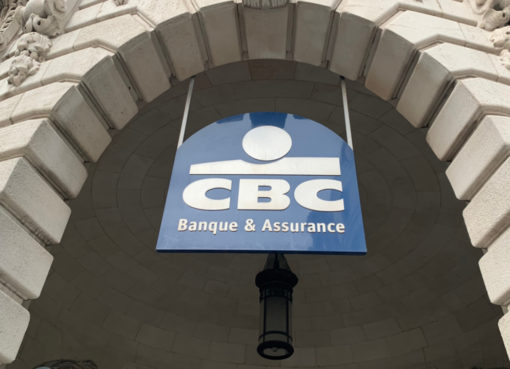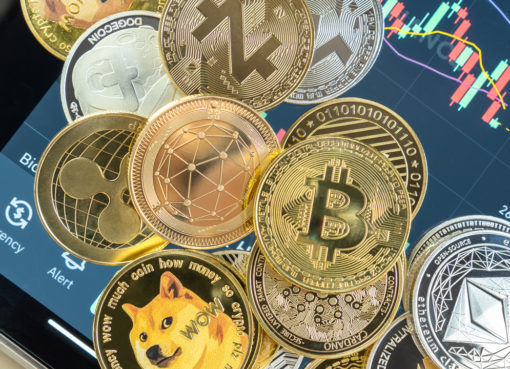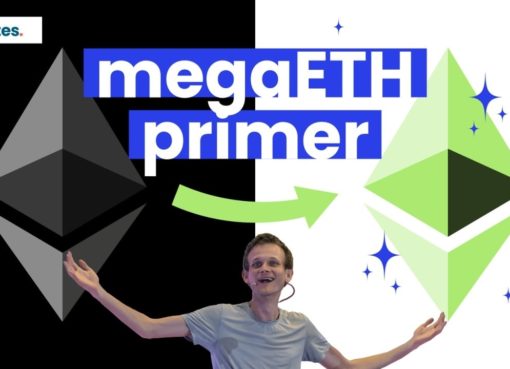Gold could lose its shine in the long run due to institutional investors’ increased preference for bitcoin, according to the investment banking giant JPMorgan.
“The adoption of bitcoin by institutional investors has only begun, while for gold, its adoption by institutional investors is very advanced,” JPMorgan bank’s quantitative strategists and managing director Nikolaos Panigirtzoglou recently noted, according to Bloomberg.
The investment bank’s research has found that $7 billion has flowed out of gold’s exchange-traded funds (ETFs) since October, while the Grayscale Bitcoin Trust has seen inflows of $2 billion during the same period. Grayscale’s asset under management recently rose above $10 billion for the first time on record. Grayscale is owned by Digital Currency Group, the parent company of CryptoX.
JP Morgan said it expects that trend to continue and have a bearing on the yellow metal’s price. While gold accounts for 3.3% of family office assets, bitcoin accounts for just 0.18%, according to JPMorgan’s calculations. And while bitcoin is the biggest cryptocurrency by market value, its current capitalization of $343 billion is quite small compared with gold’s market capitalization of over $10 trillion. As such, the transfer of cash from gold to bitcoin could bring in big losses for gold and gains for the cryptocurrency.
“If this medium to longer-term thesis proves right, the price of gold would suffer from a structural flow headwind over the coming years,” wrote JPMorgan’s strategists. The bank recommends buying one unit of Grayscale and selling three units of the SPDR Gold Trust.
The metal is already feeling the negative impact of the change in fund allocation by institutional investors. At the current price of $1,856 per ounce, gold is down 1.5% on a quarter-to-date basis. Meanwhile, bitcoin has gained 71% in this quarter. The top cryptocurrency is currently trading at $18,500, having reached a record high of $19,920 on Dec. 1.
Several public-listed companies have poured money into bitcoin over the past few months, strengthening bitcoin’s appeal as a reserve asset and an inflation hedge.




